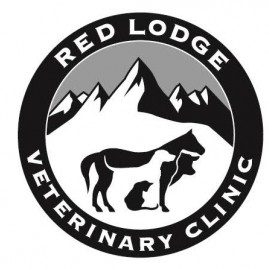Horses with dental problems may show obvious signs, such as pain or irritation, or they may show no noticeable signs at all. This is because some horses simply adapt to their discomfort.
For this reason, periodic dental examinations performed by your equine veterinarian are essential to your horse’s health. It is important to catch dental problems early. If a horse starts behaving abnormally, dental problems should be considered as a potential cause. Waiting too long may increase the difficulty of remedying certain conditions or may even make remedy impossible.
Look for the following indicators of dental problems from the American Association of Equine Practitioners (AAEP) to know when to seek veterinary attention for your horse:
- Loss of feed from mouth while eating, difficulty with chewing, or excessive salivation.
- Loss of body condition.
- Large or undigested feed particles (long stems or whole grain) in manure.
- Head tilting or tossing, bit chewing, tongue lolling, fighting the bit, or resisting bridling.
- Poor performance, such as lugging on the bridle, failing to turn or stop, even bucking.
- Foul odor from mouth or nostrils, or traces of blood from the mouth.
- Nasal discharge or swelling of the face, jaw or mouth tissues.
Oral exams should be an essential part of an annual physical examination by your veterinarian. Every dental exam provides the opportunity to perform routine preventative dental maintenance. Mature horses should get a thorough dental exam at least once a year, and horses 2 –5 years old should be examined twice yearly.
Learn more about proper dental care at www.aaep.org/horse-owner.
